Since one of his ex-girlfriends encouraged him to apply for a job with Simon Kidston at Brooks (now Bonhams) over 20 years ago, Max Girardo has established himself as one of the key faces in the classic car world. After 10 years at RM managing the auction house’s European activities and, of course, commanding the rostrum in inimitable fashion, Max has founded Girardo & Co., offering a diverse cross-section of high-quality classics from an intimate gallery-like showroom in Fulham. Now settled in and clearly relishing the new challenge, we’re sitting down for a coffee (Italian, naturally) with the ever-passionate Girardo to learn what makes him tick, what he'll take from the auction world, and what the future of both the collector-car market and his budding business holds.

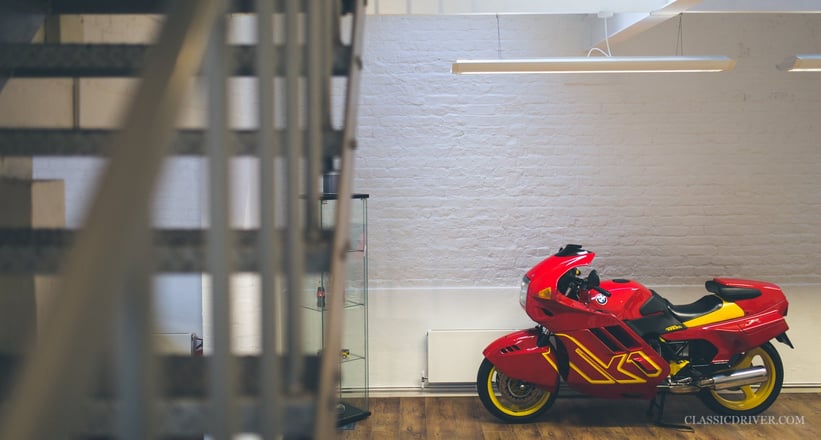

What prompted the decision to go it alone and establish your own classic car dealership?
I was with RM for ten fantastic years and I’m extremely proud of what we achieved in that time, but it was time for a change and for me to build something of my own. I also think striking the right work-life balance is so important, especially when you’ve got young children. I was on a flight home from Arizona one year and I missed my son’s birthday. I thought to myself, surely that’s got to be more important than an auction.
What’s the most valuable thing you learned during your time in the auction world that you can use in your own business?
Having auctioned so many cars, you learn that there’s a huge difference between selling quality vehicles and ones that are, how should we say, dubious or run-of-the-mill. Because we work in quite a small industry, cars often turn up again. If you sell a great car, you’ll often sell it once or twice more, which helps with the business in the long run. People love quality ‘no-stories’ cars, regardless of their value. It’s this quality that we’ve got to focus on.
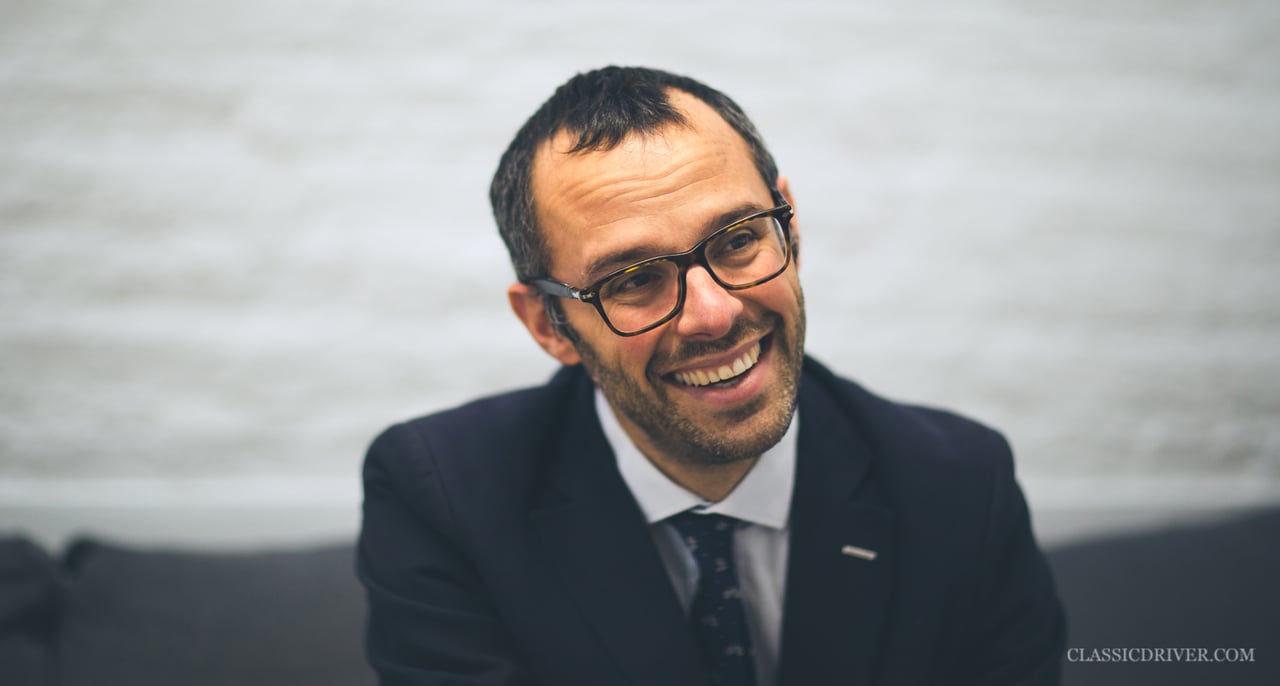
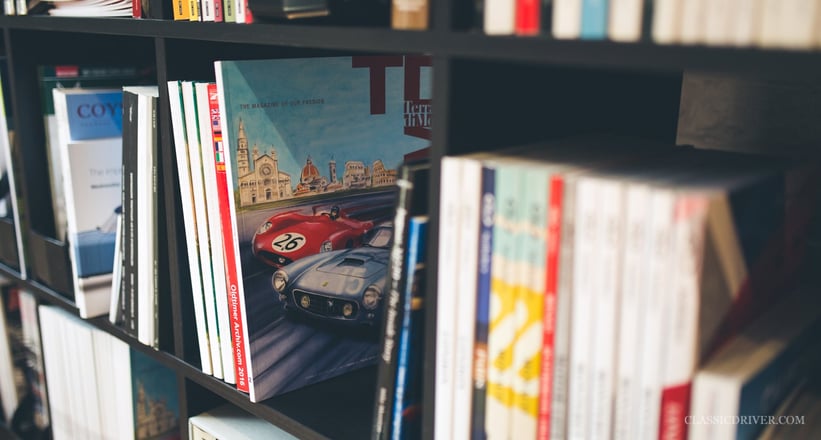
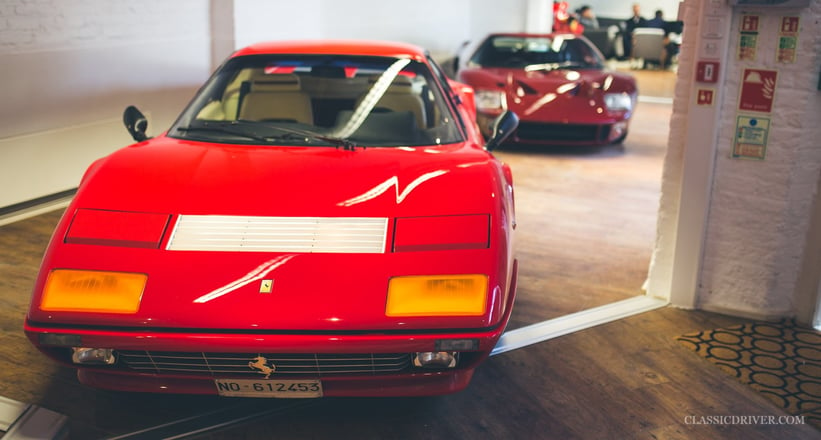
Did you ever feel uncomfortable auctioning a car you perhaps knew wasn’t as good as you’d have liked?
Yes of course. You can’t get around to see everyone prior to an auction, and I remember seeing people I knew bidding and secretly hoping they knew exactly what they were buying. Just because a car has some sort of story doesn’t make it unsellable, but you hope that those interested know the specifics. If a car is unusually cheap, it’s usually for a good reason.
Is it who you know or what you know that’s more instrumental in the business?
People are so valuable. I know more about some cars than others, but I can’t know everything. If you came in and wanted to speak to me about your 1903 De Dion-Bouton, for example, I’d need to know who to speak with to find out more. Within three phone calls, I should be able to tell you whether it’s a good or bad car, and approximately what it’s worth.
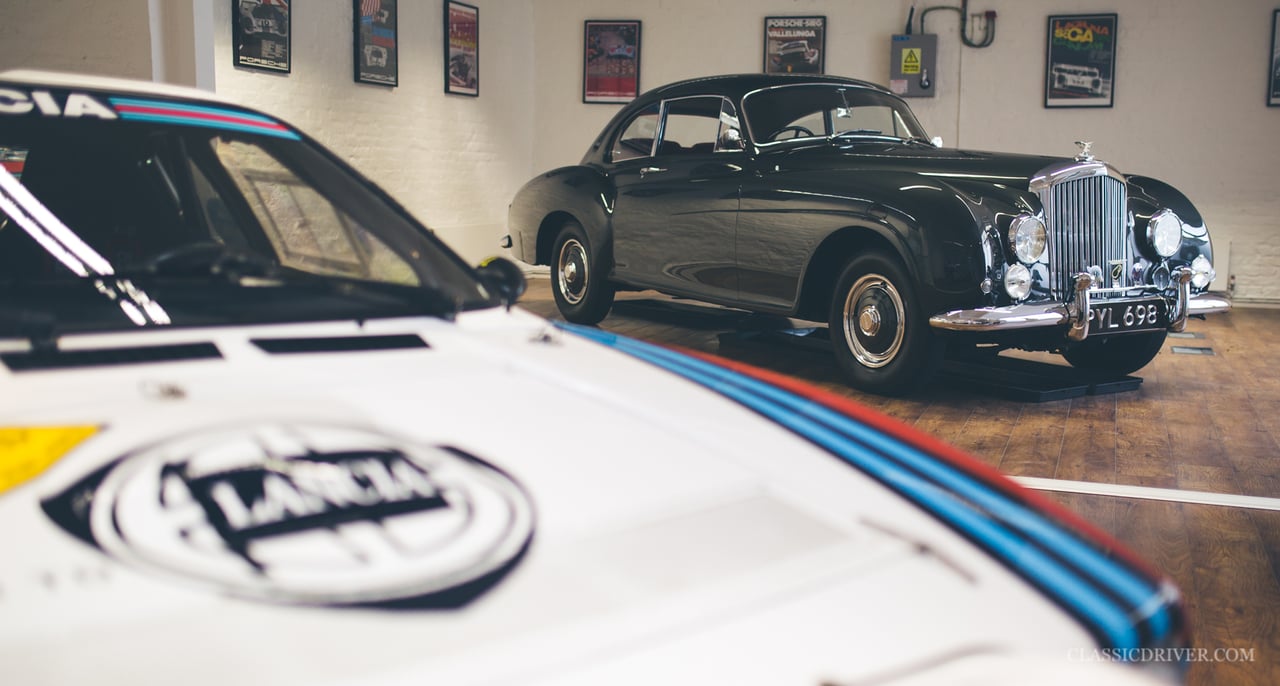
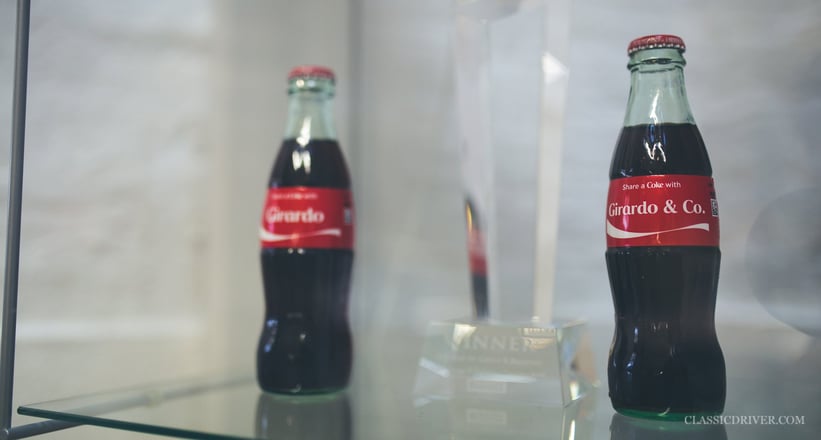
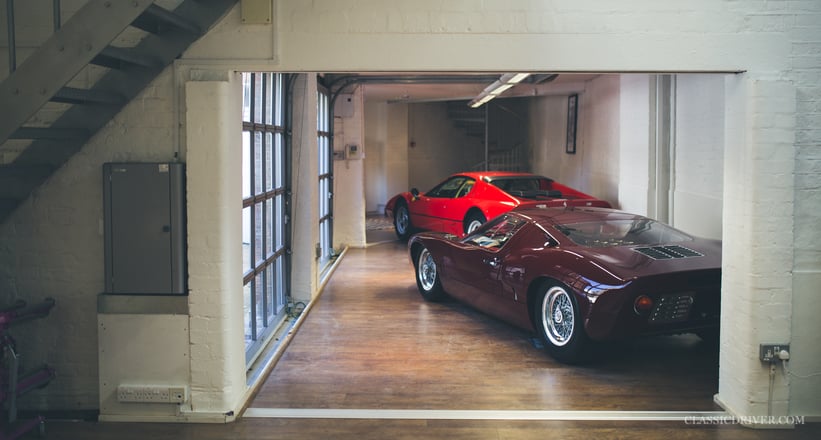
What can customers expect from you that they wouldn’t necessarily find elsewhere?
We’re trying to take all the good bits from the auction world but pay more attention to client service. We recently had a customer come to collect an Aston Martin V12 Vantage Zagato and because I’ve now got more time, I was able to arrange a tour of Aston Martin Works Service and organise temporary registration numbers so he could drive the car home. Paying more attention to the client ultimately equates to better service.
What piques your automotive interest? Is that reflected in your stock?
I personally love rally cars because my family used to rally, but my tastes are much broader. We seem to be gravitating towards more sporty post-War cars, which is probably a reflection of the market and what people are becoming more interested in. The great thing is that, as a start-up with a small team, we can tweak and change things to adapt as we go along.
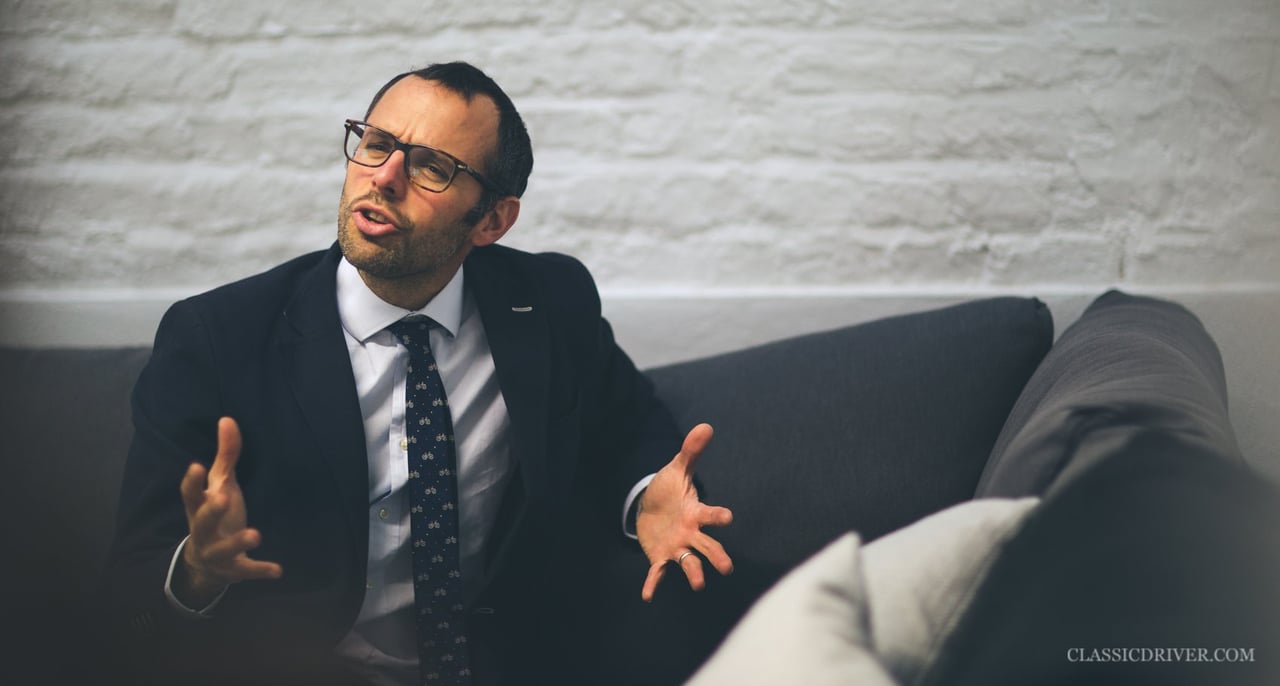
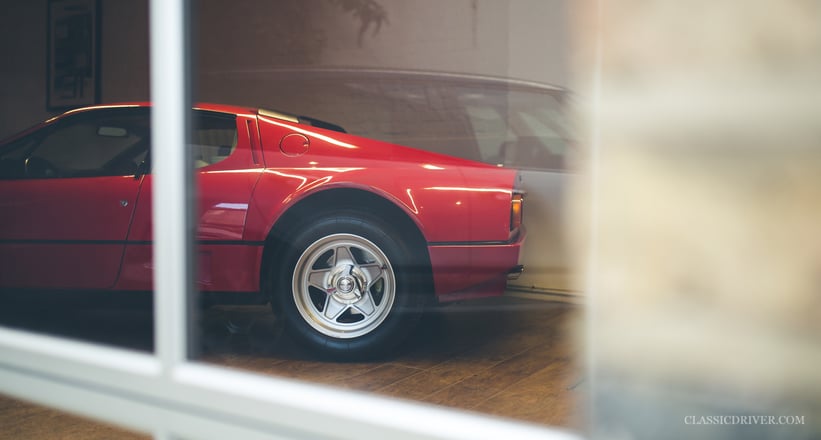
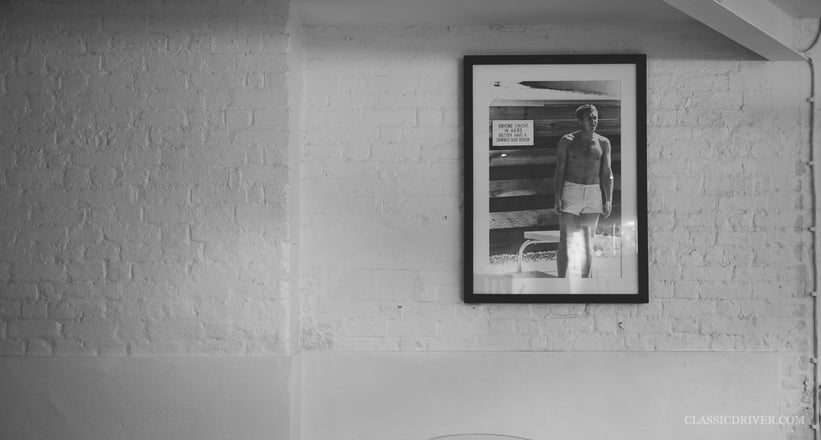
So how do you select a car for your inventory?
A lot is down to the research we do prior to taking the car on. The most important thing is determining if we’re happy with the history or the quality of the restoration, for example, regardless of whether it’s a 50,000-euro car or a five-million-euro one. That’s not to say I want to fill the showroom with Fiat 500s, but if I were offered a really brilliant Jolly tomorrow, I’d love to have it here.
What’s your line on the collector-car market right now?
I think the great cars are doing better and better while cars that are average or have a story are suffering a little bit. With prices getting higher, people are becoming more selective about what they buy. And among fewer buyers there is certainly more knowledge – it’s a knock-on effect.
Does the market matter more to you now than it did at RM?
Auctions are, of course, a good reflection of the market, but I think that when you’re selling individual cars and picking out really good examples that you think will be suited to a specific person or collection, it probably has a little less influence. Don’t get me wrong, if the market collapses then no one is going to be buying cars, but because there is such high volume at auction you rely on the general mood of the market.
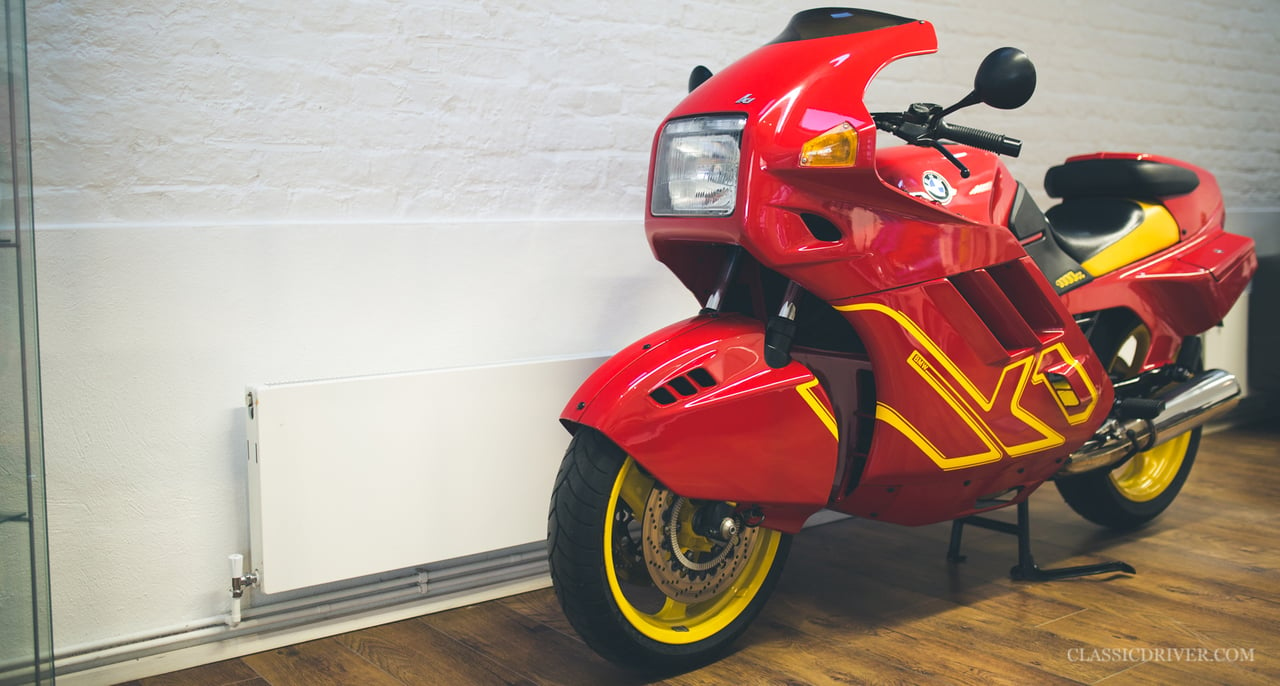
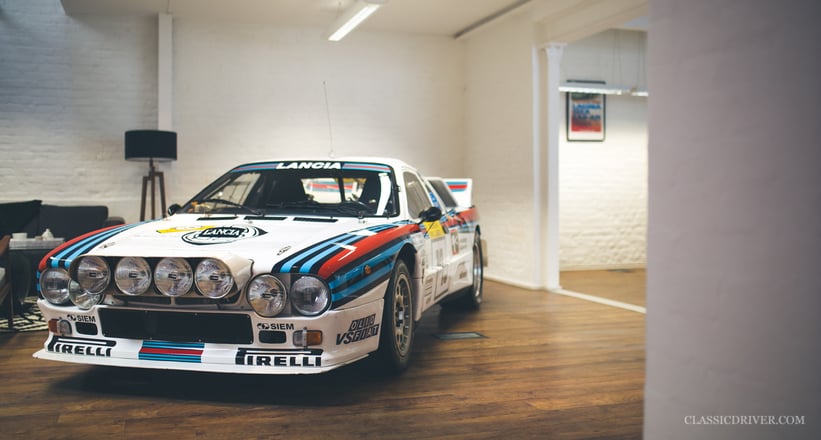
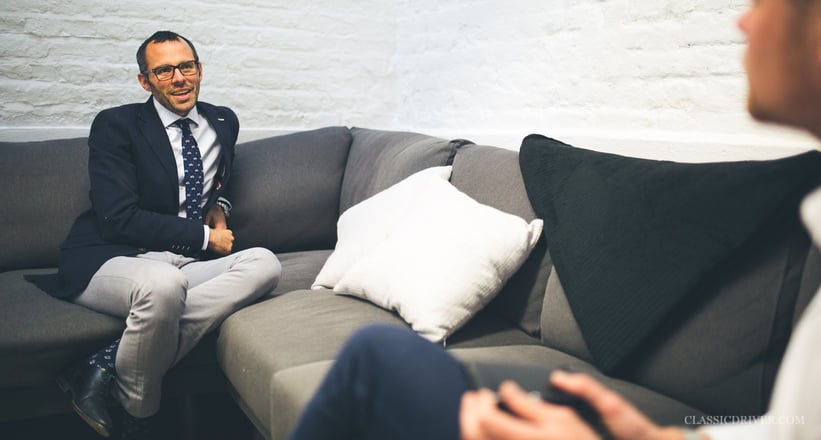
Would you advise someone to sell at auction?
There is no right or wrong way to sell a car – there are two different systems, and I think it depends on what suits the client better. I’ve had people come to me before with 15-odd cars, and I’ll suggest putting them into an auction because then we can sell them as a collection and, ultimately, get a better result for them than if I’d sold each car individually. By selling far fewer cars, we can certainly put more effort into research. When you’re selling 100 cars a month at auction, there’s only so much research you can do.
What advice would you give to someone buying a classic car?
Always, always, always buy the best you can afford, whether it’s an Austin-Healey, an E-type or a Short Wheelbase. Secondly, buy what you like, because then you’ll always be happy to drive it, you’ll keep it longer and you’ll do better in the end because you won’t sell it unless someone gives exactly you what you want for it. You shouldn’t necessarily buy a car purely for investment, but I bet you that if you do your research and buy the best you can find, it will go up in value. What drives our market is not money, but passion.
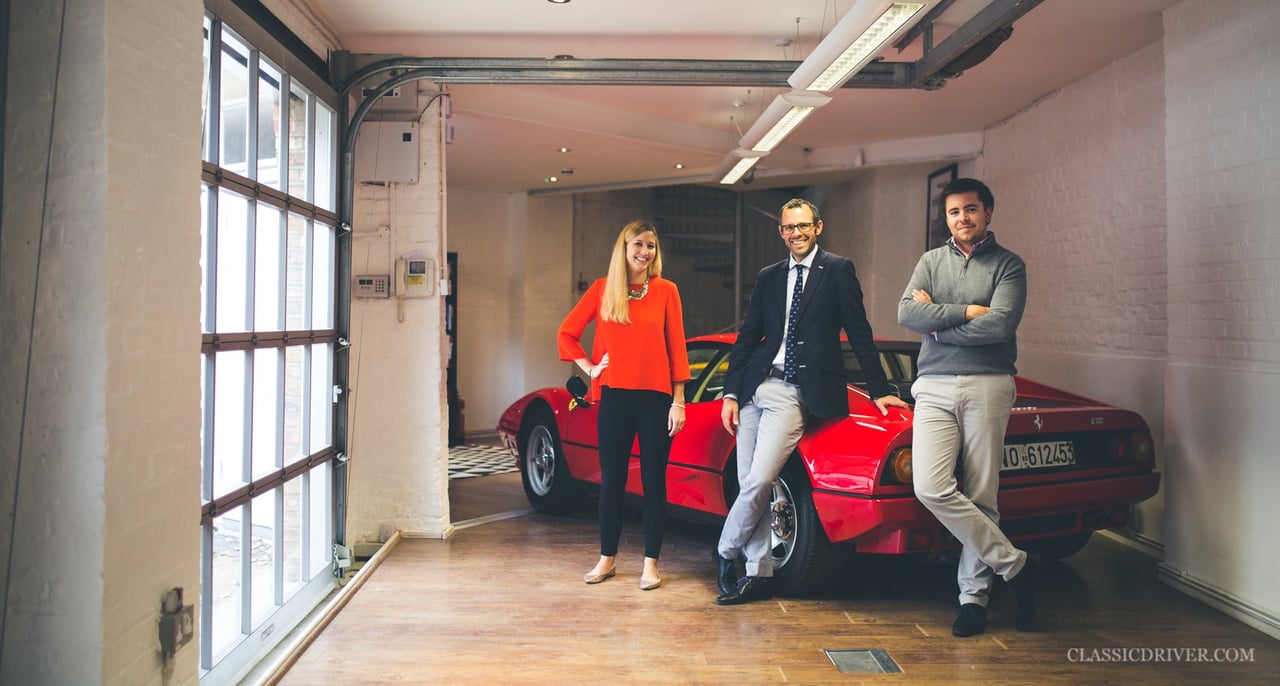
What do the next five years hold for one, the market, and two, the business?
With more knowledge, I think buyers will become even more selective. We’ve had ten great years of everyone jumping on the bandwagon and buying a classic, but there will be less of that now. Prior to that, it was a sleeping market – now cars are slowly getting back to their ‘happy place’. The really great examples will continue to thrive, while some of the less interesting cars will slow. The trouble is it’s so difficult to find those great examples because people don’t want to sell them!
In terms of the business, we’re going to explore and expand a little. We’ve got some ideas about exploring some other avenues and doing some different things. Video is one, while research – something I feel is really underestimated in our industry – is another.
What was the most memorable car you sold at auction?
It would have to be the Ferrari 275 NART Spyder at Monterey in 2013, and not just for the price but also for the story. It had one owner who was an orphan, and the family were donating the proceeds to an orphanage charity. The bidding was aggressive, the room was electric and it was an emotional moment when the hammer finally came down. It was the perfect storm.
Photos: Tom Shaxson for Classic Driver © 2016












































